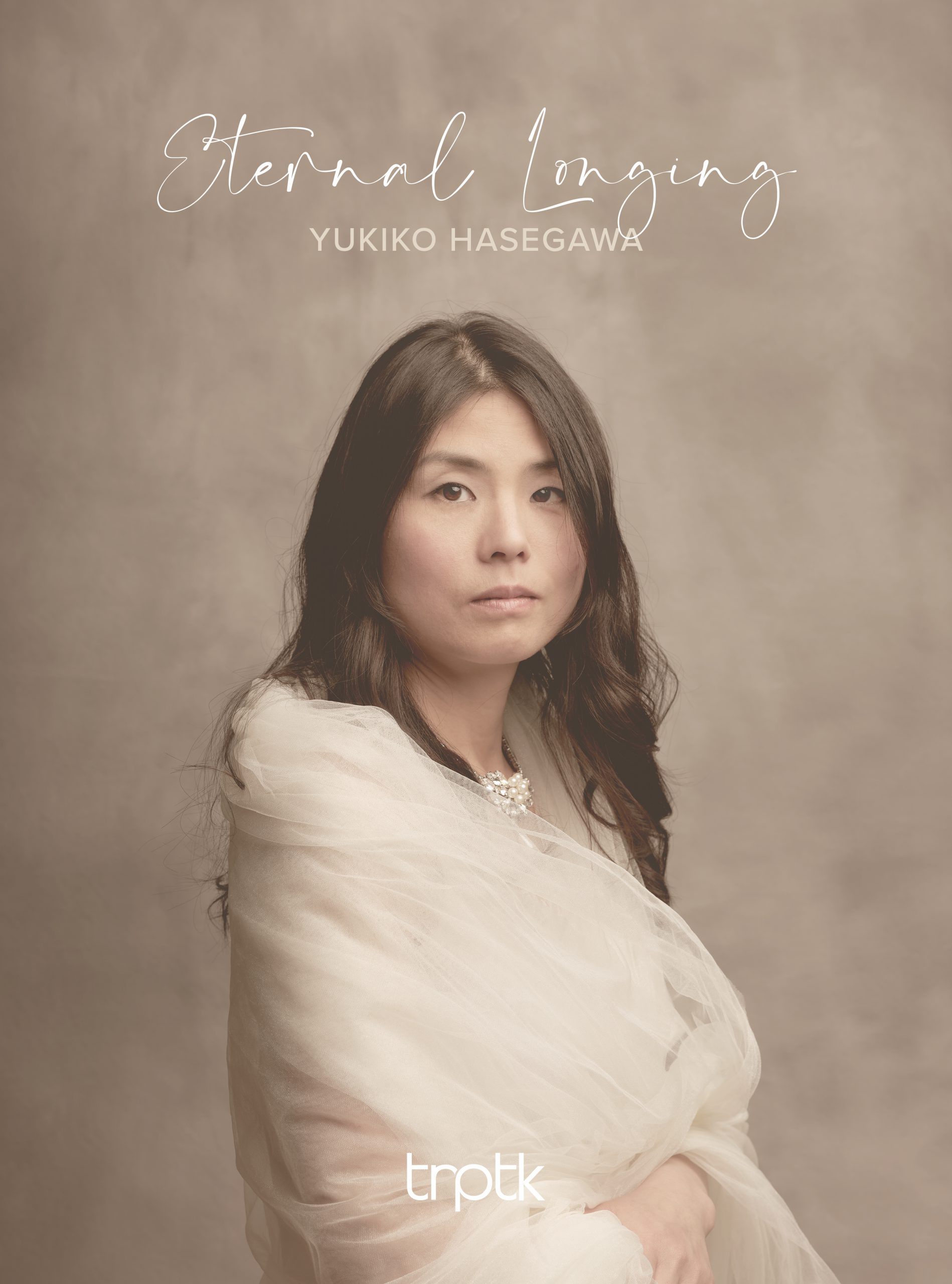Eternal Longing (‘unendliche Sehnsucht’) is the presumed longing for something sacred, something truly beautiful and deeply satisfying.
|
|
This title is available as:
About the album
In front of you lies Eternal Longing, Yukiko Hasegawa’s debut album. The title was chosen while Yukiko was reading E.T.A. Hoffmann’s Kreisleriana. Or rather, she was struck by the term as it resonated with her on a deep level.
Yukiko explains: “Eternal Longing (‘unendliche Sehnsucht’) is the presumed longing for something sacred, something truly beautiful and deeply satisfying. A feeling which accompanies us throughout our lives and makes it impossible for people to remain happy for long. It haunts us and drives us, makes us want to get involved in beautiful artworks and go see wonderful landscapes. It searches for a deeper understanding of life and our part in the infinites of existence and time. It also is the reason why I play the piano.”
It is also the reason why Yukiko, for as long as she knows, feels attracted to certain music, certain composers that explore this feeling in deep ways, like Bach, Mozart, and the composers on this album.
Before Yukiko was able to present the works on this album, she had walked a long path starting in Hamamatsu in Japan, where she grew up. She enjoyed piano lessons from the age of four, and soon decided to follow a career in music. After high school, Yukiko continued her piano studies in Tokyo. Studying music means to be submerged in an international world characterized by a very competitive spirit, where the accent lies on rivalry and virtuosity. Yukiko says: “Often people were trying to play quicker and quicker, and sometimes also louder. For me, playing the piano was for other reasons, and at times I felt even alienated for studying piano.” It was also in Tokyo that Yukiko met her later teacher Willem Brons. Yukiko: “I remember very well that Willem Brons came to Tokyo to give lectures and masterclasses. He spoke in such a very inspired way of the deeper layers in music, that it made me want to come to the Netherlands to study with him. I auditioned and applied for a scholarship with the International Rotary Foundation, and luckily I got accepted.”
“In Amsterdam,” Yukiko continues, “I felt I had to start all over. It wasn’t easy, but I did have such a wonderful time.” She graduated for a Master of Music with the piano, and received a Bachelor’s degree in fortepiano. The latter study provided her with knowledge of authentic performance practices and a broader understanding of the repertoire of the 18th and 19th century. “And I like the sound of the fortepiano,” Yukiko explains, “Sometimes it may come across as from a dream and awakens a certain melancholy.” She laughs: “I guess I’m just a romantic soul!”
Yukiko added: “When I studied fortepiano at the Amsterdam Conservatory, we – with a group of students – went to the gallery of Chris Maene, a piano and fortepiano builder. There, I played on Chris Maene’s Walter model (a replica of a Walter fortepiano). When I heard about the Straight Strung instruments I was very excited and had no doubt that it would sound wonderful. It was a huge wish for me to play and record the repertoire of this album on that instrument, thanks to its many possibilities in sound. Thanks to YPMA-Maene Gallery Alkmaar, my dream could come true!”
Tracklist click to play/pause
-
Ludwig van Beethoven
Piano sonata No. 31 in A-flat, Op. 110
-
I. Moderato cantabile molto espressivo
6:546:54
-
II. Allegro molto
2:242:24
-
III. Adagio ma non troppo - Fuga. Allegro ma non troppo
11:0711:07
-
-
César Franck
Prélude, choral et fugue, FWV 21
-
I. Prélude. Moderato
5:065:06
-
II. Choral. Poco più lento - Poco allegro
6:546:54
-
III. Fugue. Tempo I
7:467:46
-
-
Robert Schumann
Kreisleriana, Op. 16
-
I. Äußerst bewegt
3:043:04
-
II. Sehr innig und nicht zu rasch
9:479:47
-
III. Sehr aufgeregt
5:365:36
-
IV. Sehr langsam
4:044:04
-
V. Sehr lebhaft
3:283:28
-
VI. Sehr langsam
4:134:13
-
VII. Sehr rasch
2:242:24
-
VIII. Schnell und spielend
3:403:40
-
More information
| Weight | 100 g |
|---|---|
| Dimensions | 190 × 135 × 12 mm |
| Label | TRPTK |
| Genre(s) | Classical – Classical (1750-1830) Classical – Romantic (1830-1920) |
| Artist(s) | Yukiko Hasegawa |
| Composer(s) | Beethoven, Ludwig van Franck, César Schumann, Robert |
| Recording location(s) | Maene-Ypma - Robijnzaal, Alkmaar (NL) |
| Recording date(s) | December 2019 |
| Cat. No. | TTK 0053 |
|---|---|
| Release date |
June 30th, 2020 |
| Additional links |
"In Schumann's Kreisleriana, the pianist searches for and finds the various characters and, with a rather light touch, gives them quite a character of their own. A matter of genuine poetry."
Jan de Kruijff, Musicalifeiten
"Recording & mastering engineer Brendon Heinst of TRPTK once again recorded the album in true 32(!) bit resolution in the highest DXD format, with a downright spectacular end result."
Werner Ero, Music Emotion
"This recording sounds fantastic."
Aart van der Wal, Opus Klassiek
"Averse to empty virtuosity, she puts the expression, the story, first. [...] With her simultaneously monumental and emotional interpretation, her refined yet stately touch, and her measured doses of pedal. [...] Add to that the ingenious sound engineering of the TRPTK label and you have a wonderful debut album."
Margareta Coornstra, Nederlands Dagblad
"Yukiko is also an organist. Is that where her affinity with César Franck comes from? From him she plays' Prelude, chorale and fugue'. That smells like a monumental organ work, which nevertheless sparkles thanks to transparent piano playing. Beautifully recorded."
Hans Visser
"A heavily loaded program for a debut recording, that much is clear. Nevertheless, by now we know that when the artistic TRPTK label releases something, it is also special."
Emile Stoffels, Luister Magazine
"Her playing is understated and intensely emotional at the same time, just as it is exhibitionistic and restrained in one. She very naturally exposes the complex worlds of feeling that lie behind these compositions."
René Seghers, Pianist Magazine
"Pure poetry."
Wenneke Savenije, De Nieuwe Muze
"And then, with a CD like Hasegawa's, tell me why it's all so beautiful: because of the special piano technique, because of the special recording technique, or because of the pianist's playing. Fortunately, as listeners, we don't need to know that at all."
Dingeman van Wijnen, Friesch Dagblad
Related products
-
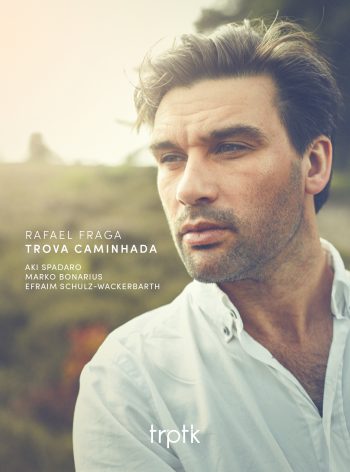
Trova Caminhada
Rafael Fraga
CD
€ 7,50 | TTK0014 -

Remgewogen
Martin van Hees
CD
€ 7,50 | TTK0030 -
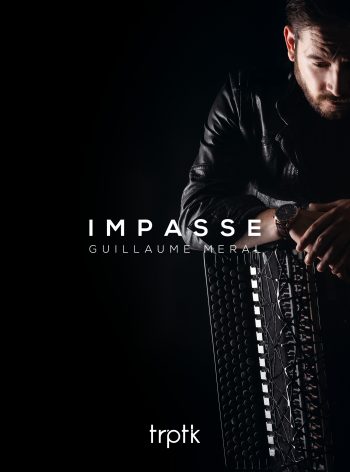
Impasse
Guillaume Meral
CD
€ 7,50 | TTK0013 -
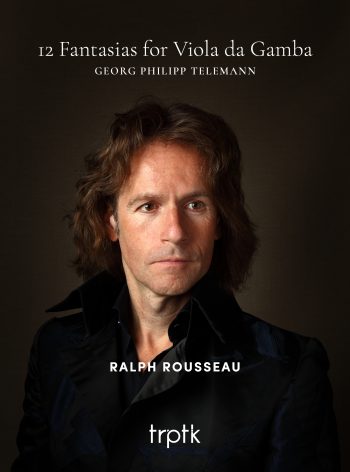
Telemann: 12 Fantasias for Viola da Gamba
Ralph Rousseau
CD
€ 7,50 | TTK0043 -
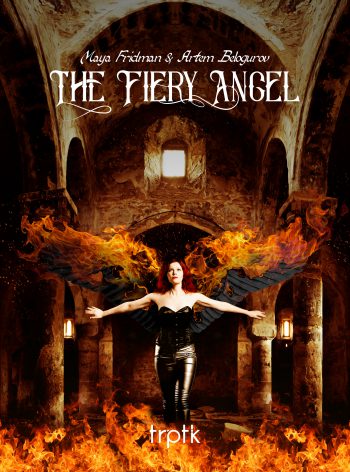
The Fiery Angel
Maya Fridman
Artem BelogurovCD
€ 3,75 | TTK0009 -
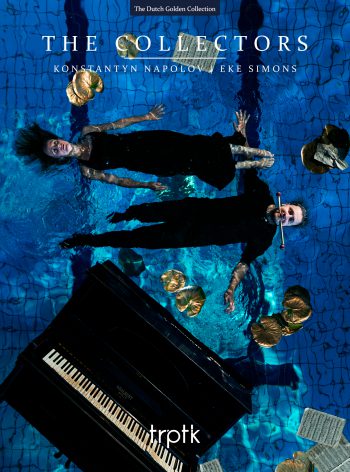
The Collectors
Konstantyn Napolov
Eke SimonsCD
€ 7,50 | TTK0027


